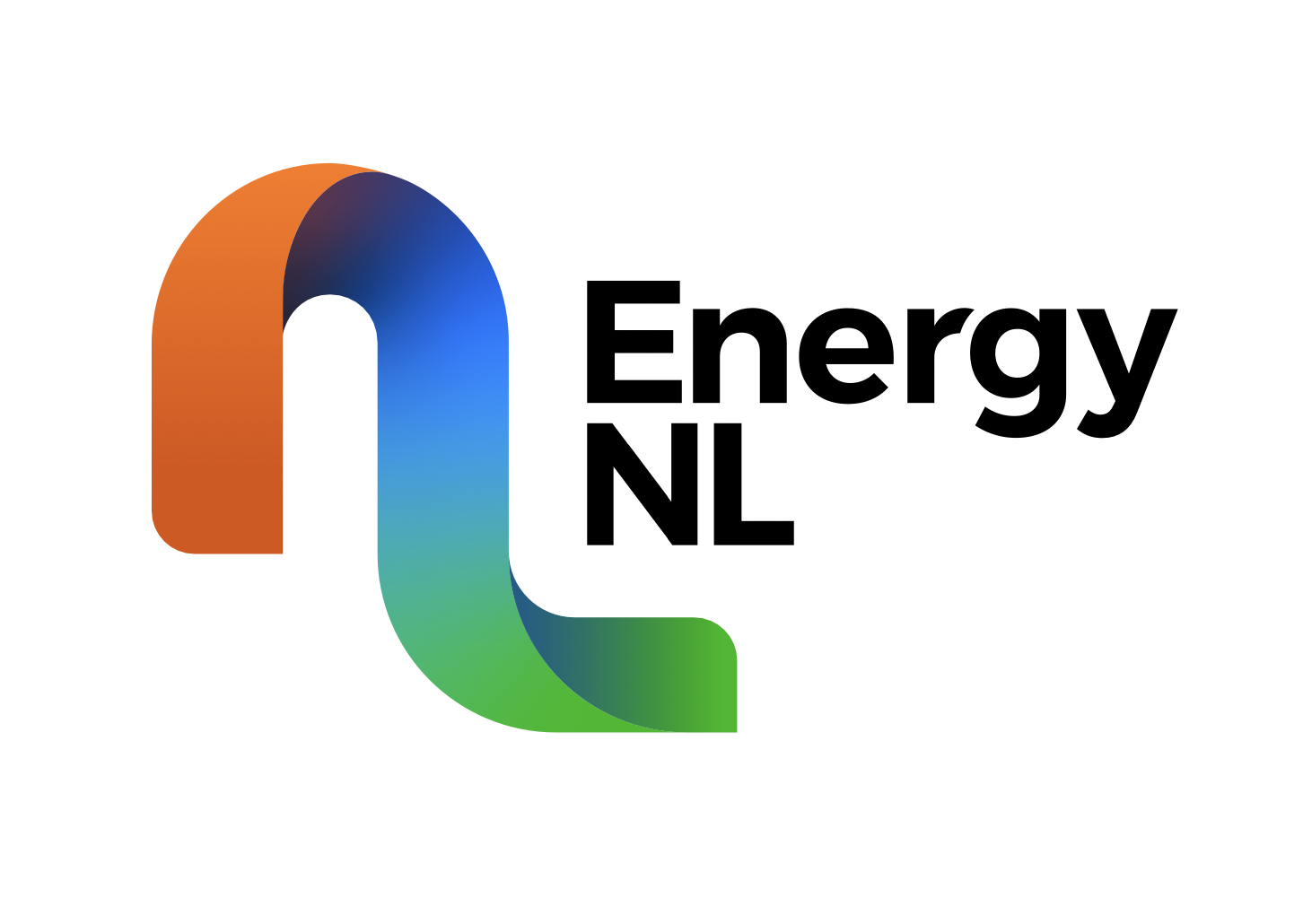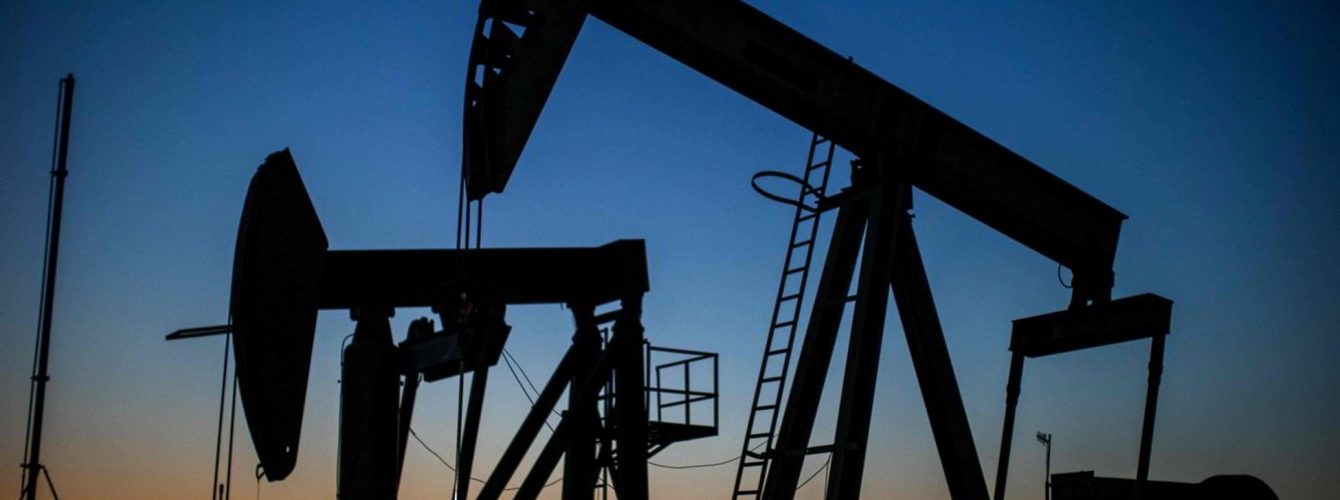Next year will be a test of endurance for many in the oil and gas industry
Three price crashes in 12 years left the oil and gas industry — even the supermajors — running lean.
While industry rebounded from the first two and carried on, the foundation that remained was shaky. And the shock of the third price crash, when paired with the global pandemic that decimated oil demand, was enough to bring the house of cards down.
In April, global oil demand fell by 25%, and US oil and gas companies in the months that followed laid off more than 14% of their permanent employees, according to a report by consulting firm Deloitte.
Rebuilding has begun and a strong demand recovery is expected in 2021, according to the report. It will, however, remain lower than pre-Covid-19 levels, with 70% of the jobs lost during the downturn possibly not coming back by the end of 2021.
The hard decisions made by the industry to cut capital expenditures and reduce investment in new projects to survive the downturns came at the expense of future supply.
‘At risk of underinvestment’
Deloitte found that global oil and gas capex is projected to fall by more than 23% year over year in 2020.
ExxonMobil, for example, pared back its spending plans by 30% earlier this year and Chevron reduced its original capital guidance by $8 billion, to between $14 billion to $16 billion per annum for 2022 through 2025.
“We have an industry at risk of underinvestment,” the report said. “In the medium to long term, underinvestment could affect supplies, especially from non-Opec producing nations.”
Thirty-three percent of the more than 350 US oil and gas executives Deloitte recently surveyed expect a high risk of a new supply crunch over the next five years.
But industry will need dollars to address that crunch. According to Deloitte, to offset the annual consumption and natural field declines, the industry will need to invest more than $525 billion annually.
However, as the market is currently oversupplied, reductions in capital spending in the short term will not impact the supply-demand balance in 2021, Deloitte said.
Demand-led market
“But, unlike in the past, demand (or the lack of it) will likely have a larger influence on the future supply-demand balance,” the report said, noting that work-related travel in the US remains 35% to 40% below pre-pandemic levels.
“Even in the base-case scenario, analysts expect 2021 global jet fuel demand to remain below 75% of pre-pandemic levels.”
To prepare for the potential upside in 2021, Deloitte recommended that oil and gas companies consider accelerating their digital transformation to reduce operating costs, maintain flexibility in operations and optimise capital allocation for the project of tomorrow.
—
Source: Upstream | This text was excerpted from the media outlet cited on December 9, 2020 and is provided to Noia members for information purposes only. Any opinion expressed therein is neither attributable to nor endorsed by Noia.






